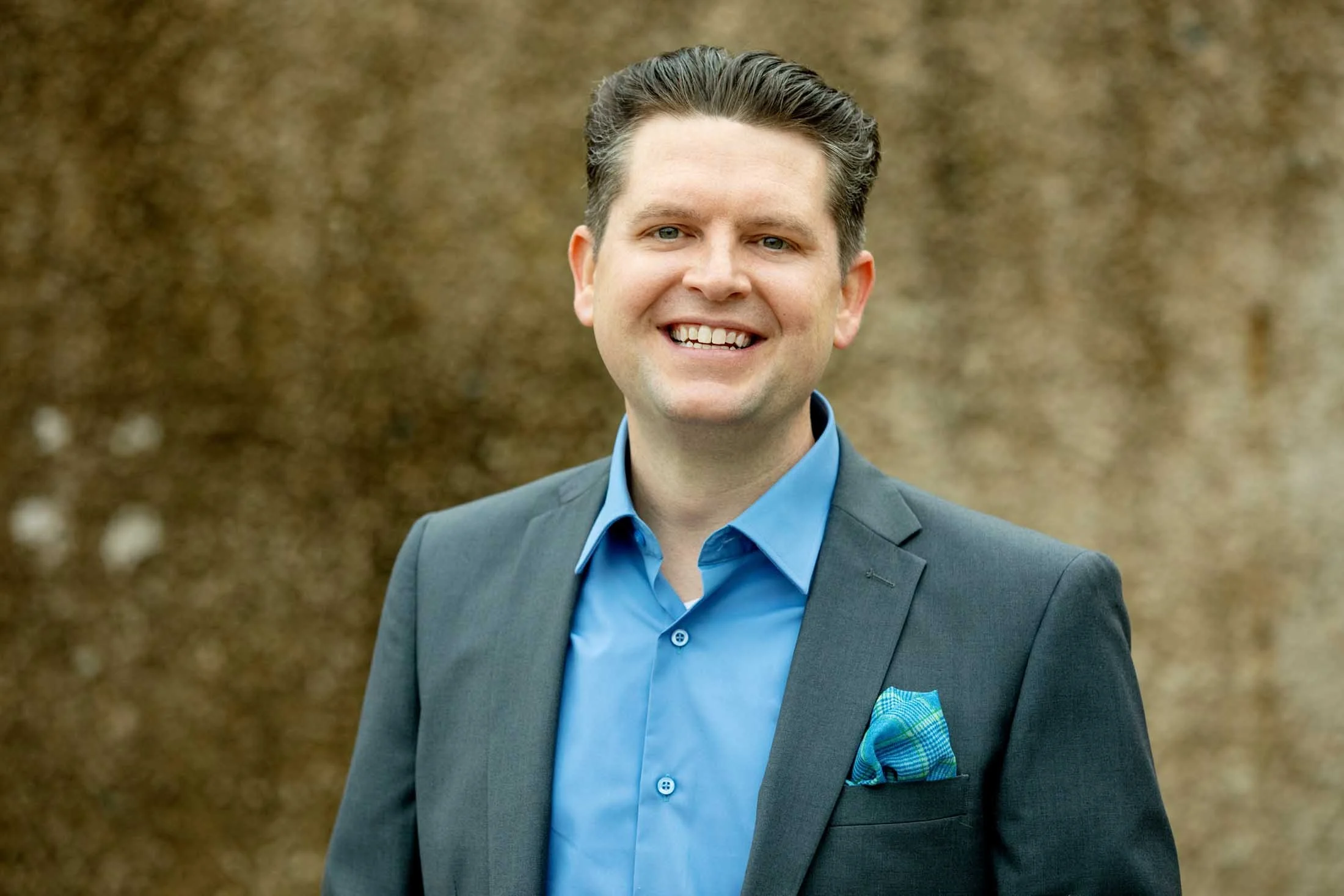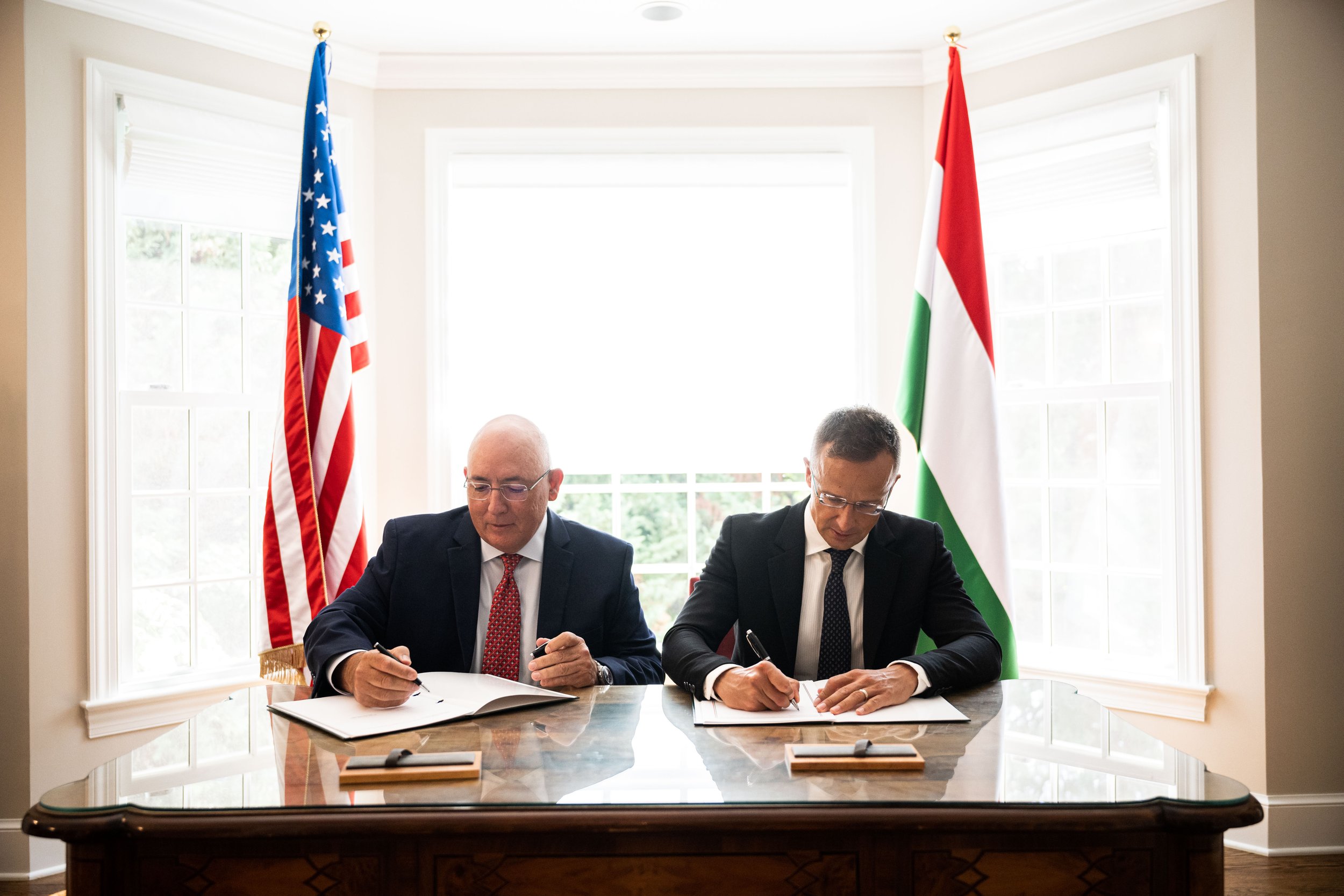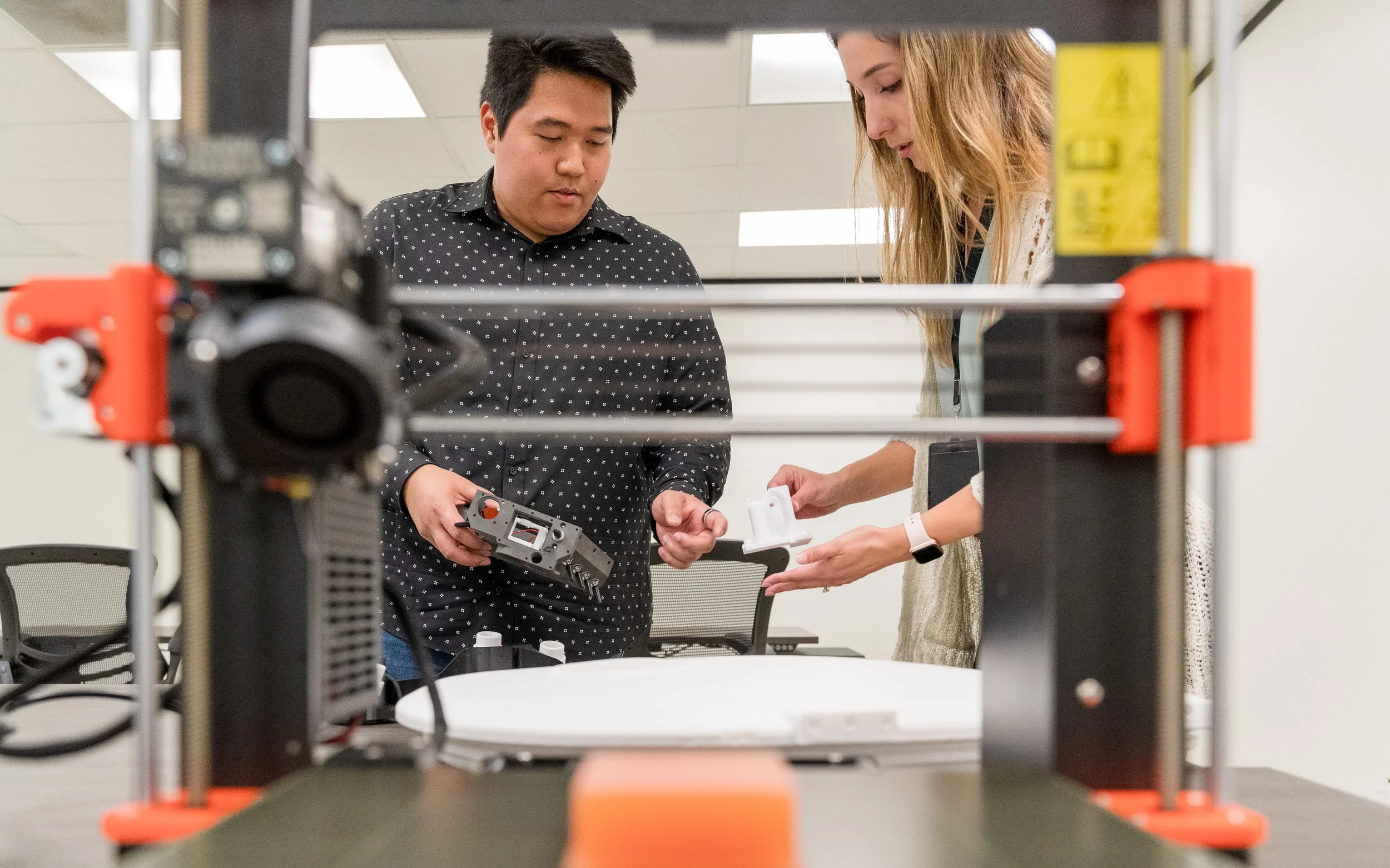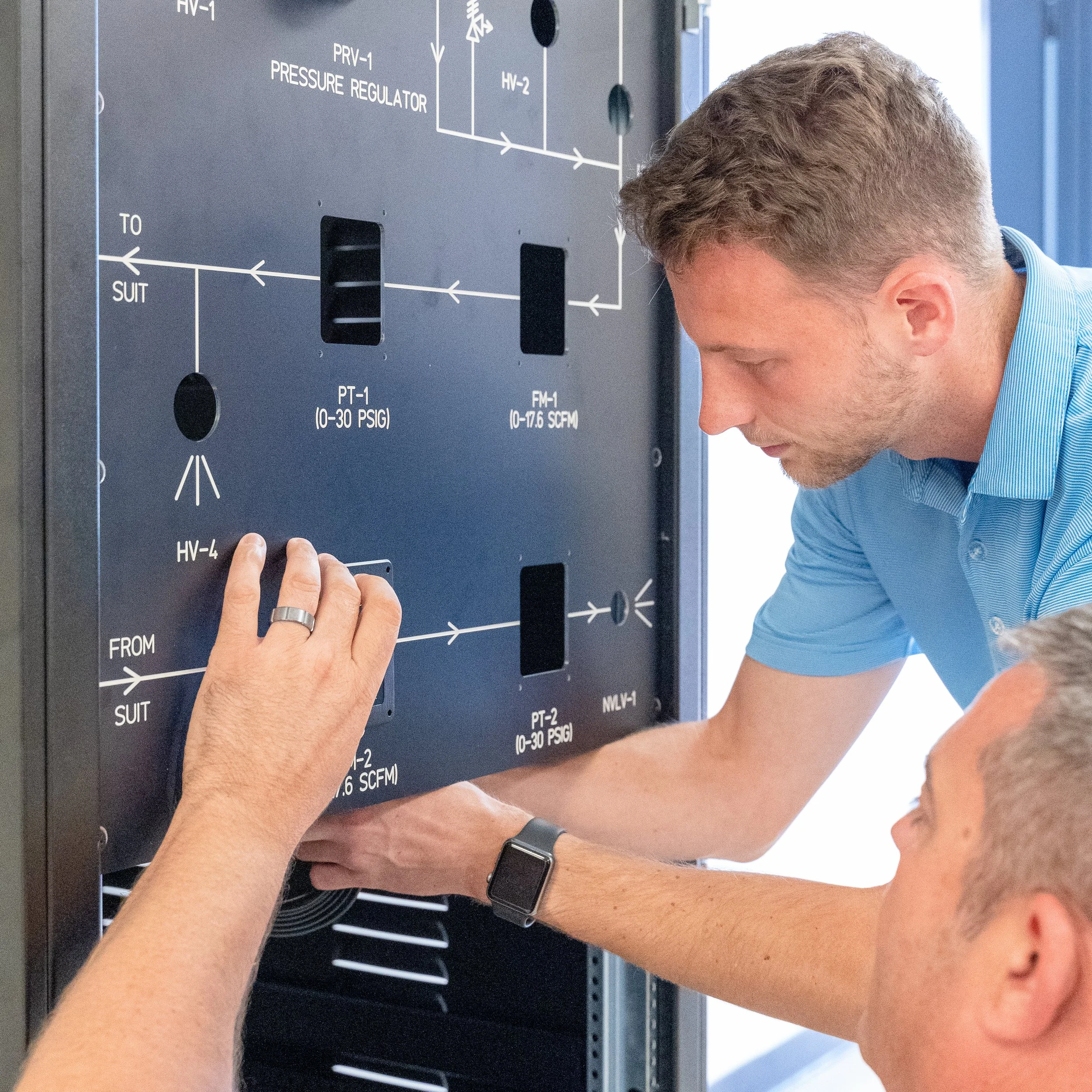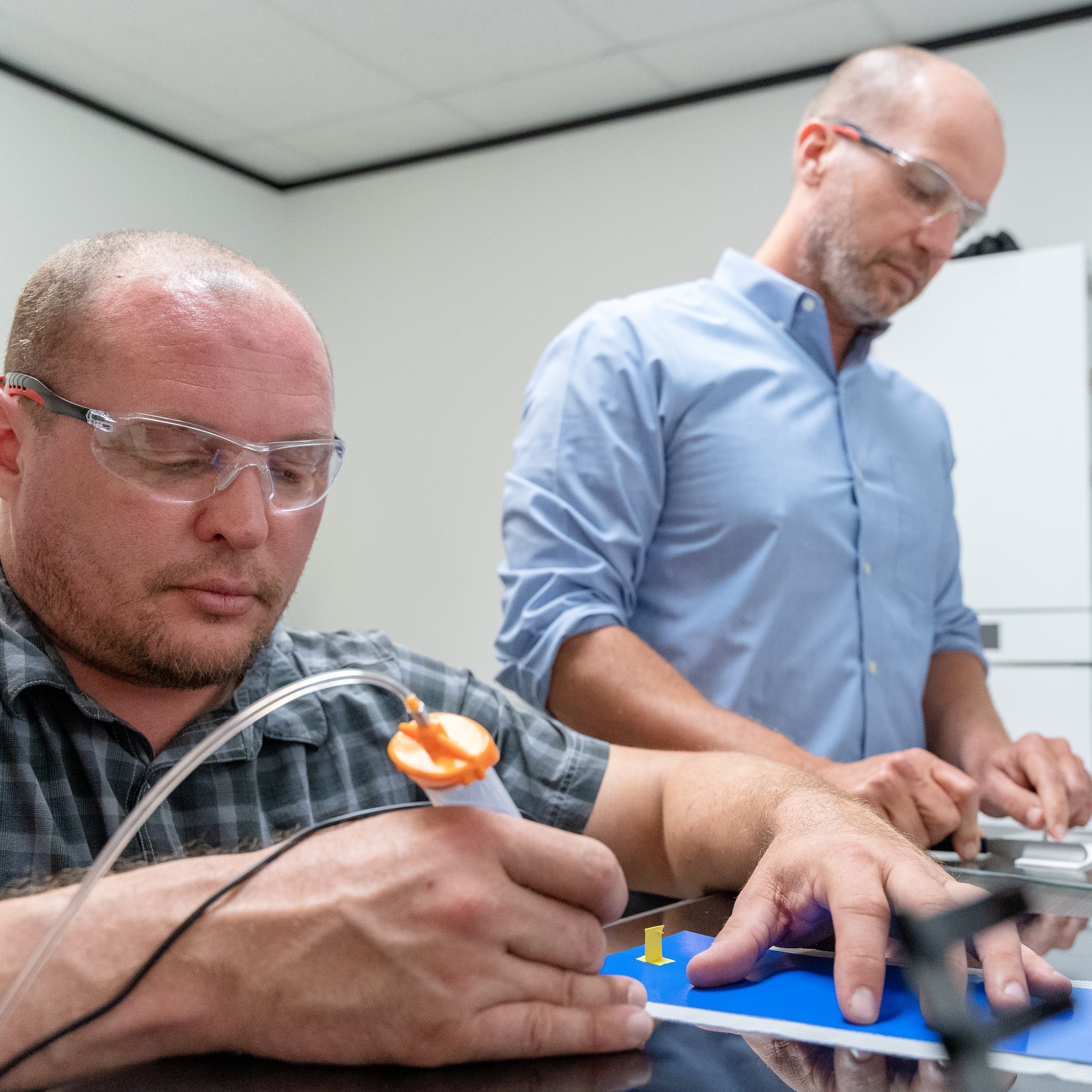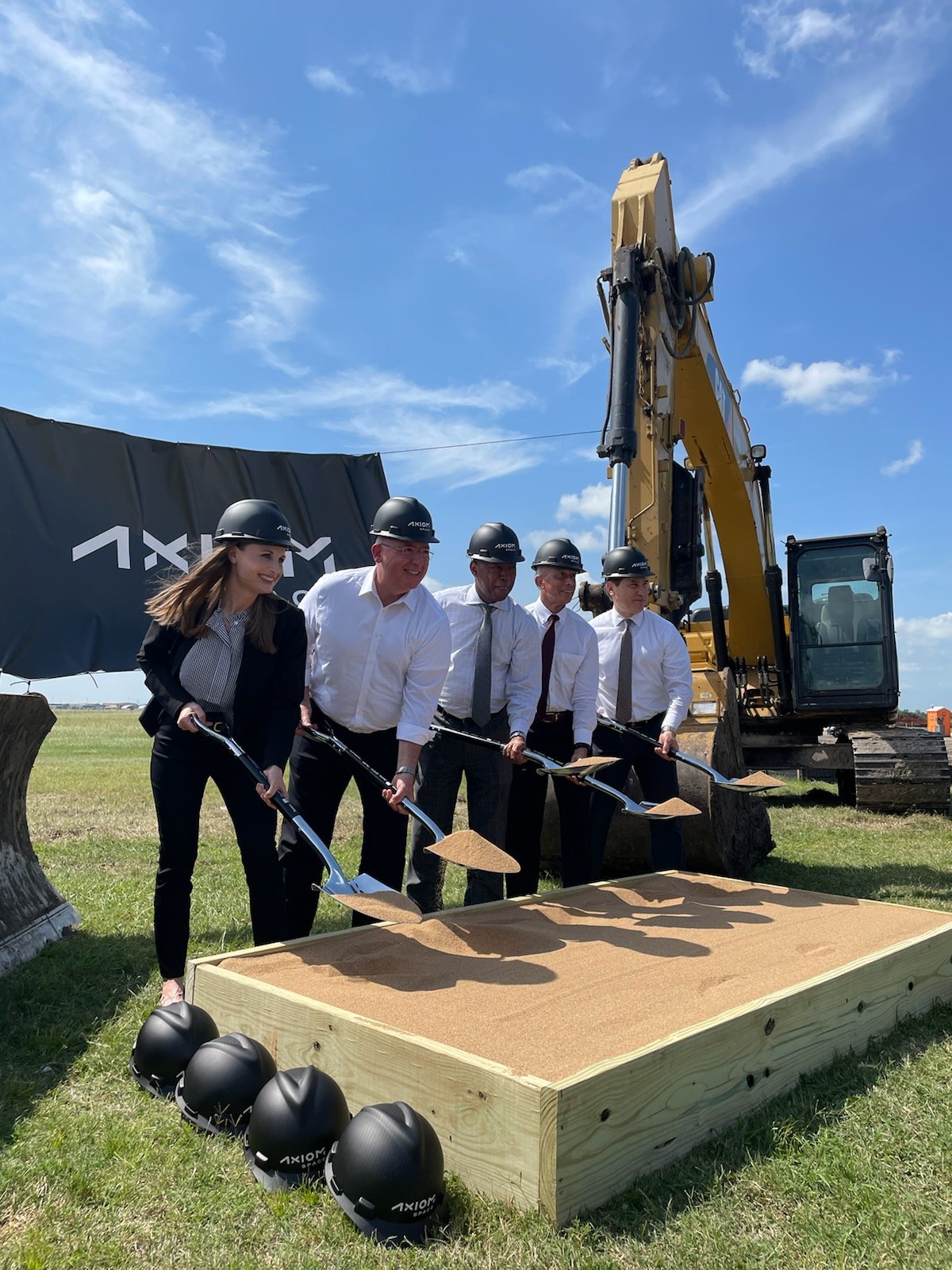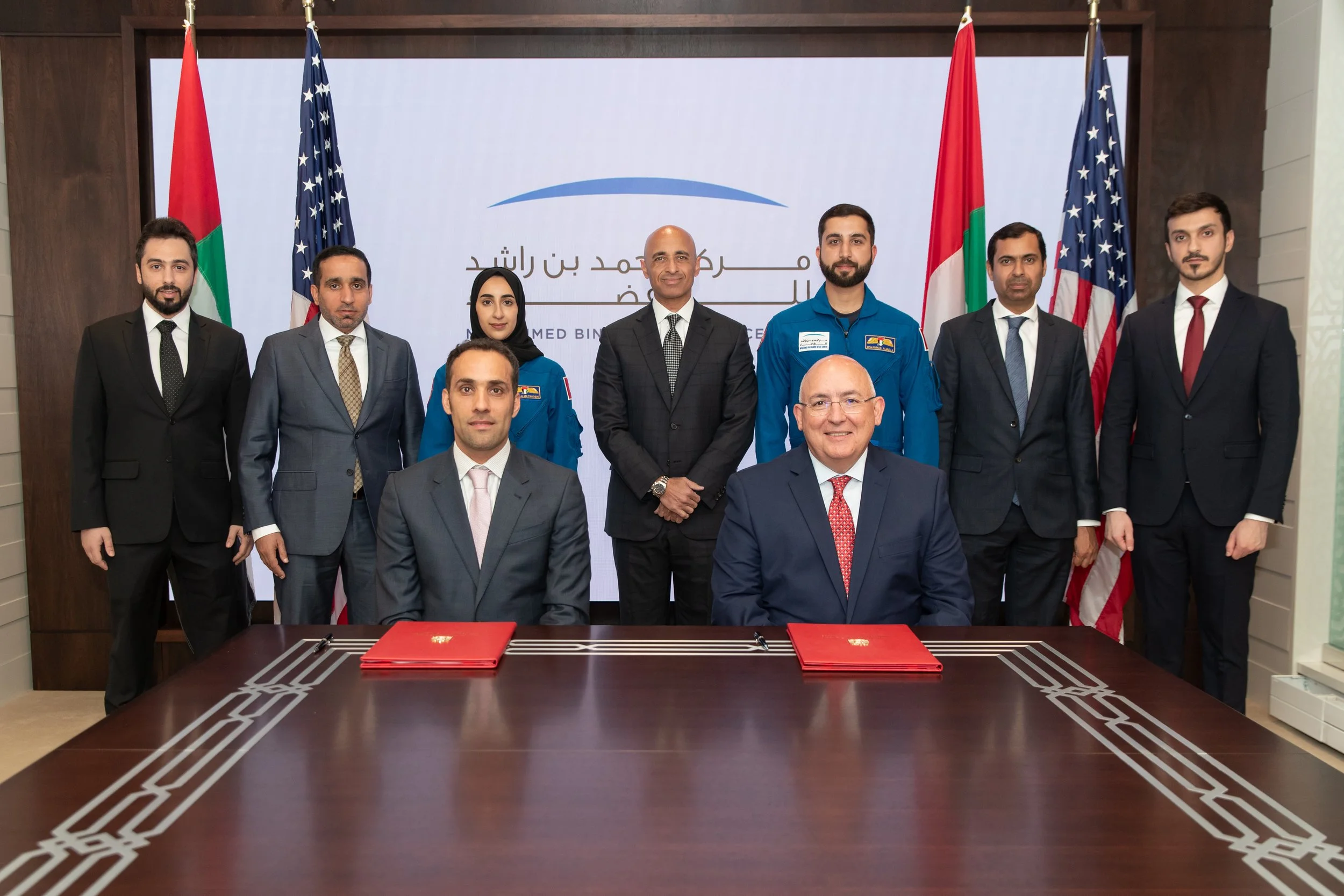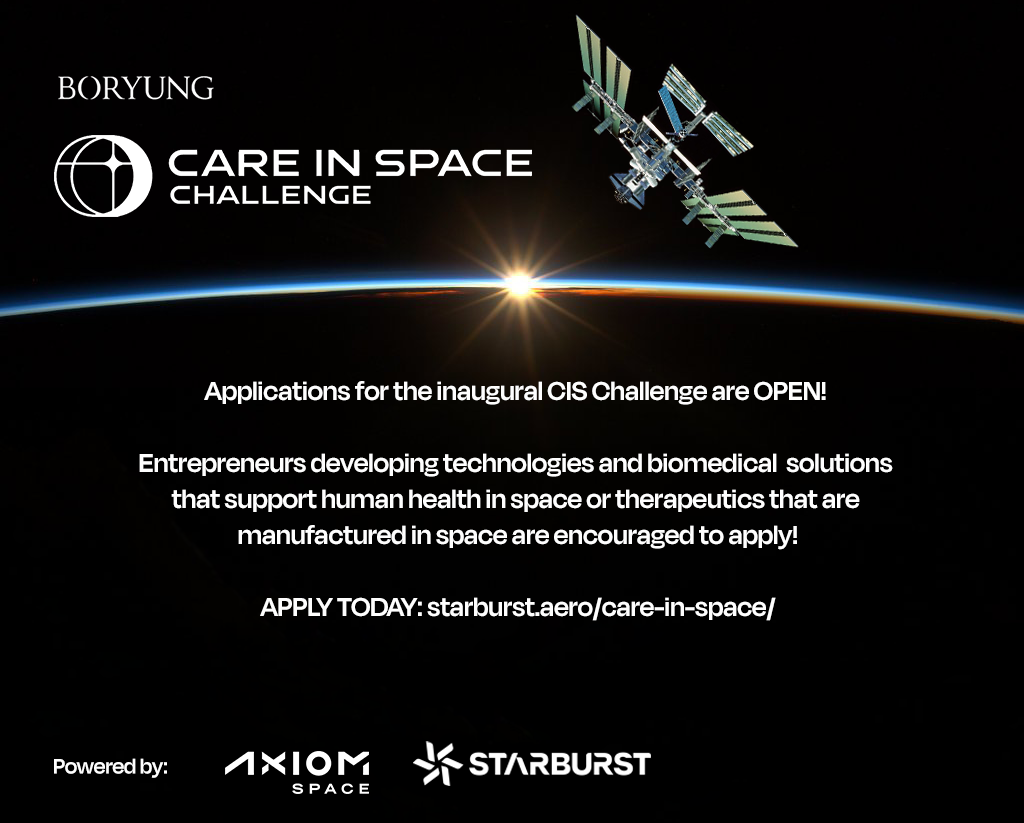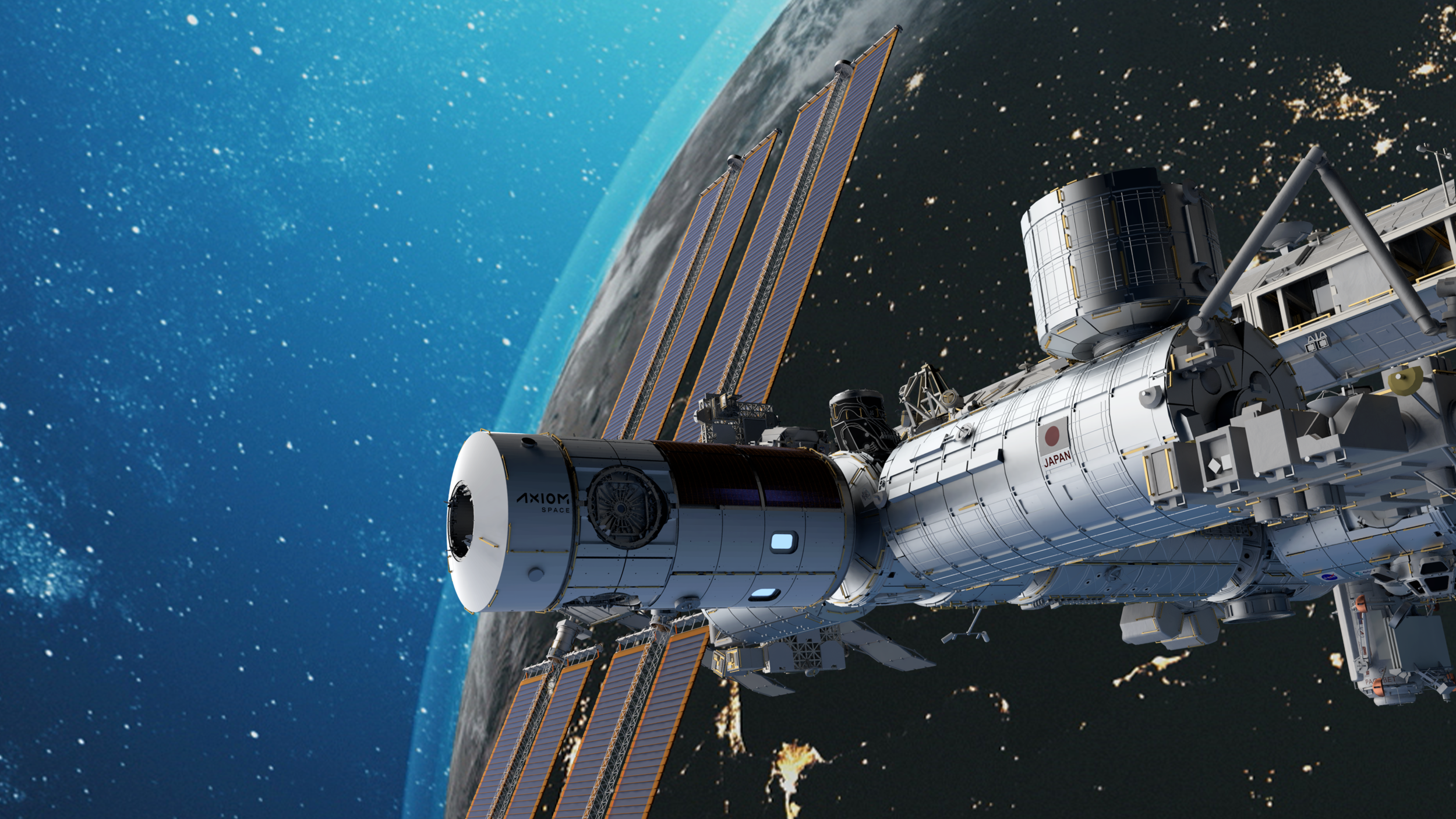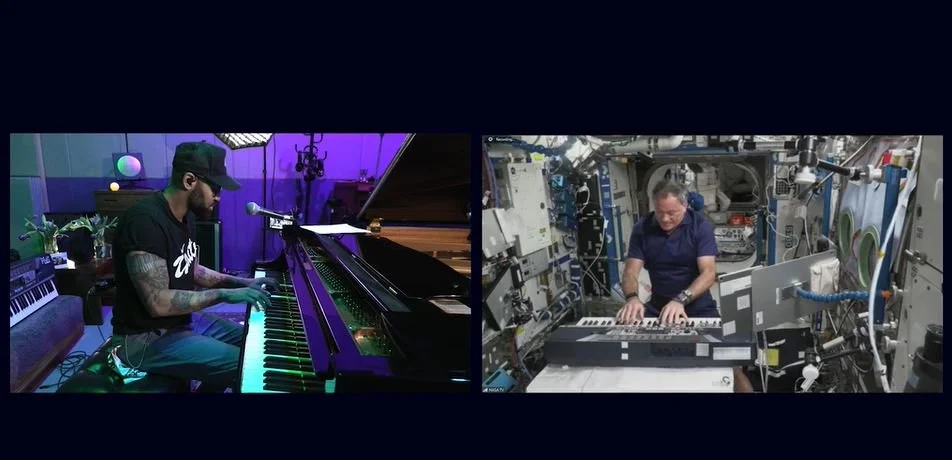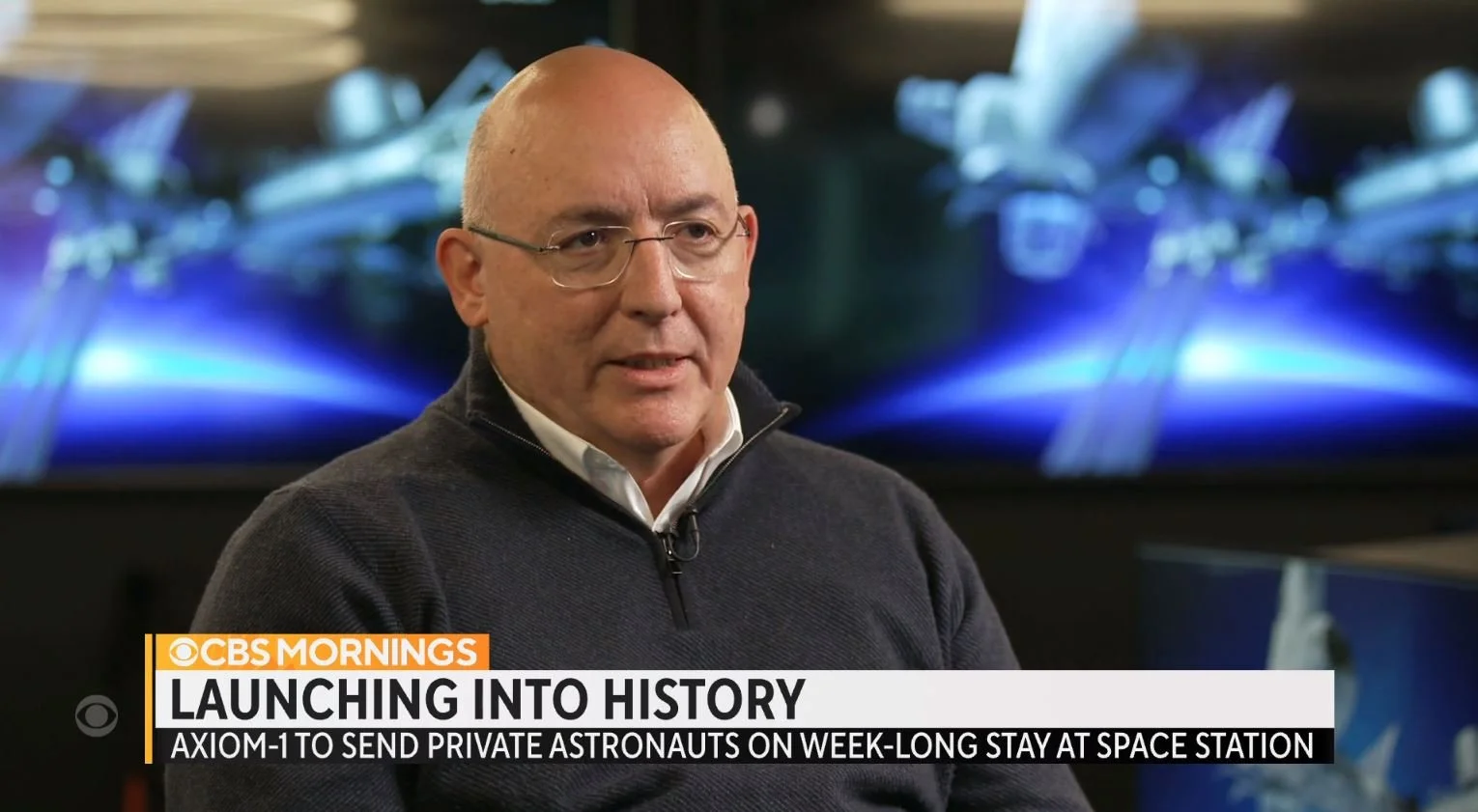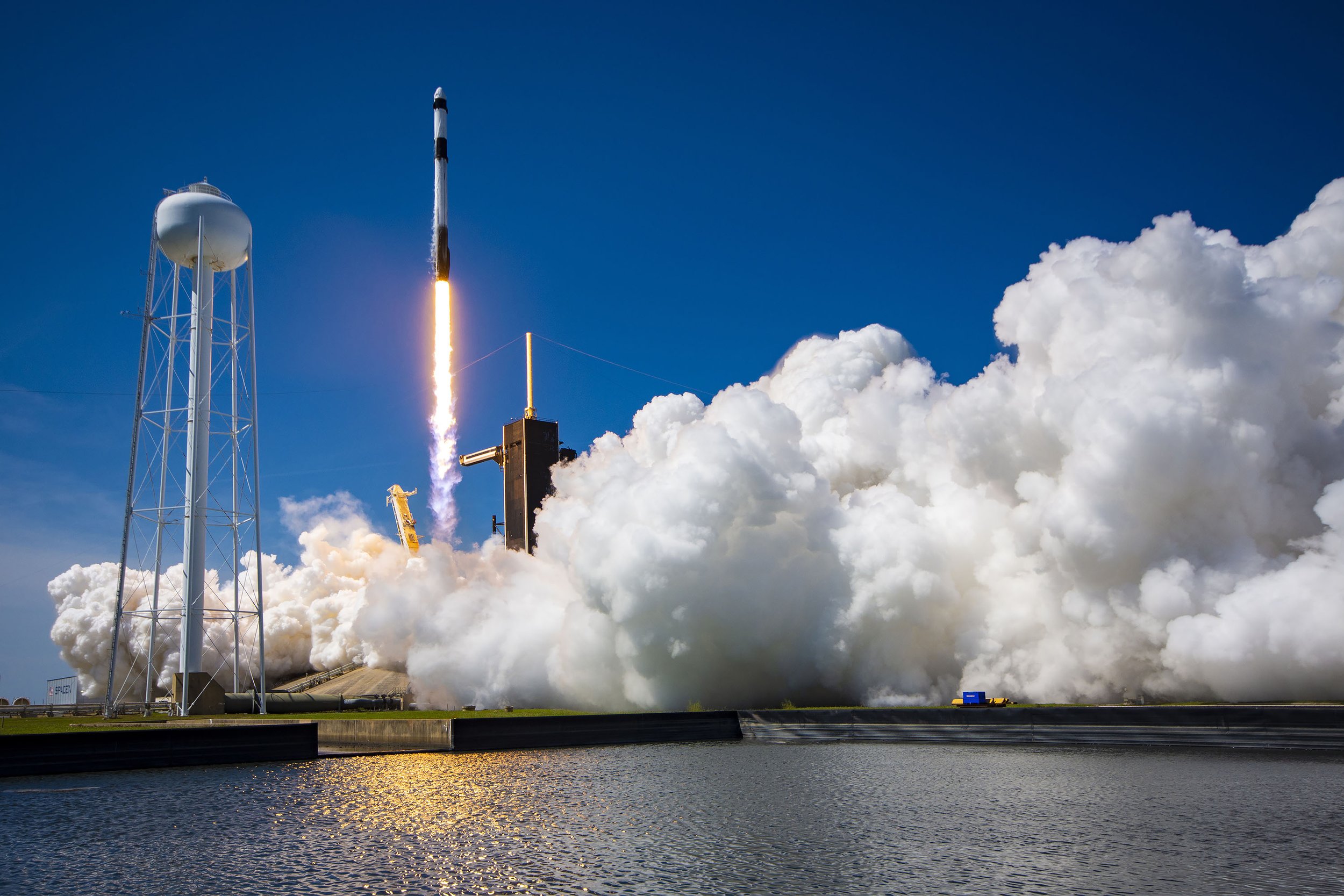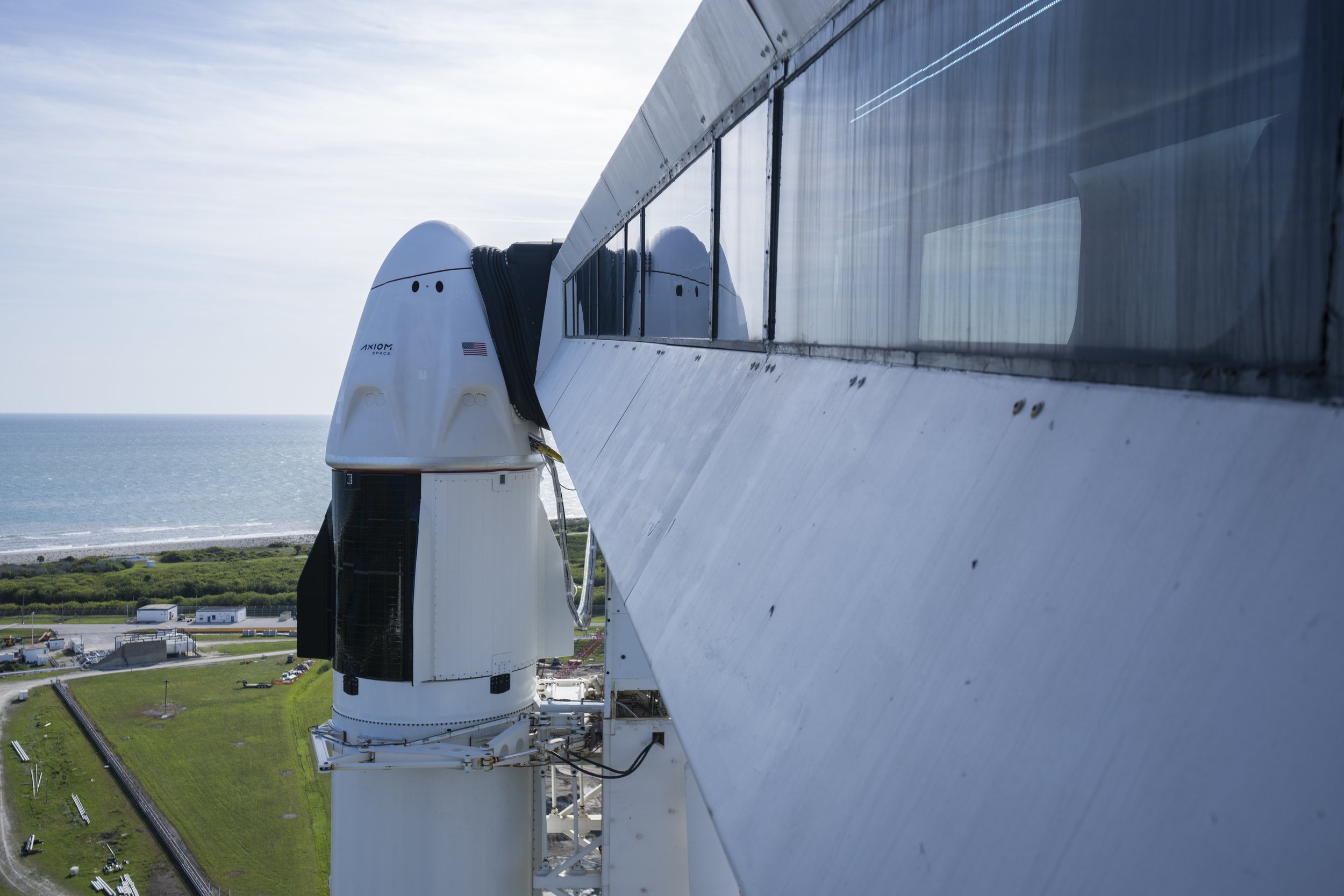Earth observation image of Aotearoa New Zealand from the ISS. (Credit: NASA Johnson)
Commercial space leader Axiom Space has signed a memorandum of understanding (MOU) with Aotearoa New Zealand to advance world leading studies in science and technology. This agreement will provide Aotearoa New Zealand access to conduct groundbreaking research on the International Space Station (ISS) through Axiom-sponsored missions and, in the future, on Axiom Station, the world’s first commercial space station. The agreement was signed by the President and CEO of Axiom Space, Michael Suffredini, and Iain Cossar, General Manager Science, Innovation and International, and Head of the New Zealand Space Agency, Ministry of Business, Innovation and Employment.
This partnership will foster new collaboration between Axiom Space and New Zealand-based research teams from the University of Canterbury, led by Dr. Sarah Kessans, and the University of Auckland, led by Dr. Brian Russell. The agreement will enable Aotearoa New Zealand to build on its expertise in manufacturing and biotechnology and advance the country’s space sector by providing access to conduct scientific research in microgravity.
"We at Axiom Space are pleased to partner with Aotearoa New Zealand to offer new access to space and create opportunities for companies, scientists and researchers in New Zealand. Axiom is enabling a robust space economy in low-Earth orbit as we build a permanent commercial destination and next-generation space laboratory in Earth’s orbit to accelerate human progress in space and bring untold benefits back home," said Michael Suffredini.
Through the MOU, New Zealand-based institutions aim to make laboratory research in orbit more accessible and affordable and enable rapid drug and vaccine development, strengthening the country’s efforts toward establishing world-leading manufacturing for its space sector. This partnership with Axiom Space will also help advance the development of an Artificial Intelligence assisted clinical decision support system. Initiating development to help manage astronaut health, the tool could help health professionals assess health risks and treatment planning when they are very remote from patient locations, such as those in space or in Antarctica. Axiom Space will contribute in-space operational experience to the study, with the New Zealand team providing computational, medical, and human performance expertise.
“This partnership has been facilitated by the Innovative Partnerships programme. The programme forms part of the Government’s efforts to raise the levels of research and development (R&D) by attracting investment into New Zealand through working with international firms and innovators. Through the programme, each project will receive $90,000 to support their studies,” says Iain Cossar. “Space exploration not only increases our knowledge of our planet and universe and encourages research, science and innovation, it also provides economic opportunities for New Zealand.”
In addition to signing an MOU with Aotearoa New Zealand, Axiom has signed agreements with several nations including the Italian government, Hungary, and the United Arab Emirates (UAE). These historic agreements signify the company’s commitment to provide the international community with access to harness microgravity to advance scientific research, innovative technologies, on-orbit manufacturing, and space exploration.
About Axiom Space
Axiom Space is guided by the vision of a thriving home in space that benefits every human, everywhere. The leading provider of human spaceflight services and developer of human-rated space infrastructure, Axiom operates end-to-end missions to the International Space Station today while privately building its successor, Axiom Station, the first permanent commercial destination in Earth's orbit that will sustain human growth off the planet and bring untold benefits back home


